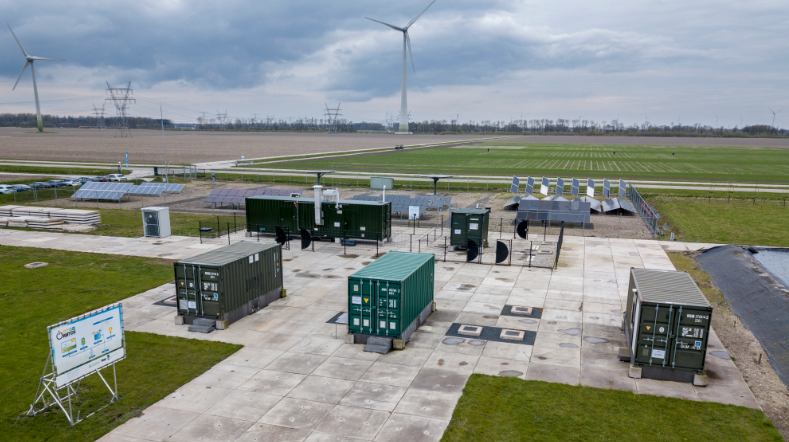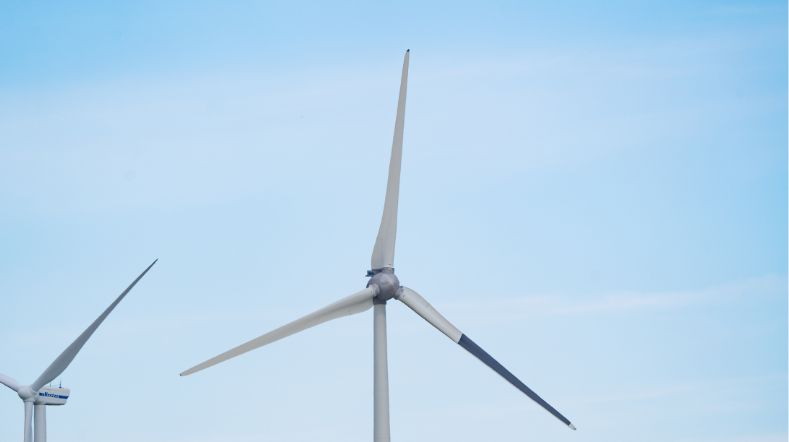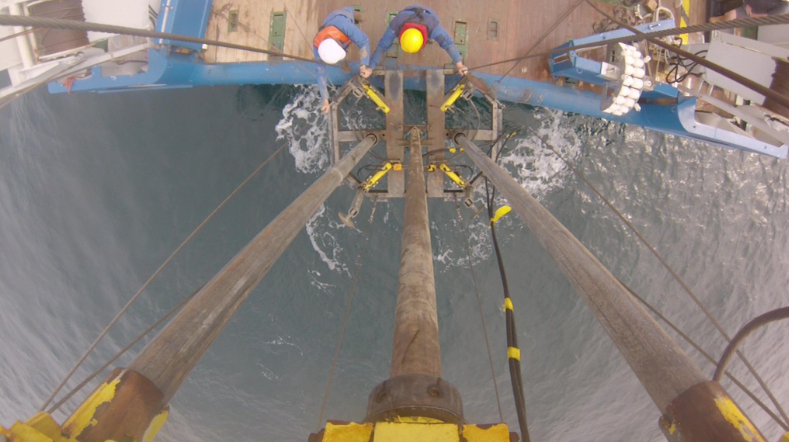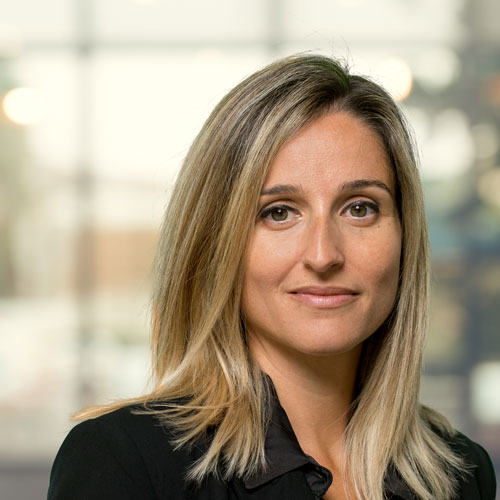
Energy islands for conversion, transport, and storage
Countries bordering the North Sea are working ever more closely together to accelerate the development of wind energy. The Netherlands, Germany, Belgium and Denmark aim to be producing an annual 150 gigawatts by 2050. An important part of this plan is to construct and operate energy hubs at sea. TNO has been researching the large-scale generation, conversion, storage, and distribution of energy between countries for some time now.
Societal benefits
Artificial islands are to form energy hubs that can convert electricity generated by wind farms into, for example, hydrogen, and then transport it to the connected countries. Significant social benefits can be achieved as a result, including potential cost savings of up to 10 percent in the energy network alone. With offshore wind farms being developed, constructed, and operated without subsidies, the transport grid is becoming a major cost factor.
Legal obstacles
Cross-border connections boost the EU’s internal energy market, but there are still barriers, especially regulatory, to overcome. TNO is therefore not only investigating innovations in technology, but also looking at the market mechanisms and legal aspects involved. Legislation and regulations can stand in the way of environmentally and socially desirable solutions.
Innovative concepts
For the design of the necessary infrastructure, TNO is developing innovations to integrate the generation, conversion, storage, and transport of energy in hybrid energy systems. We are investigating how the operation of future energy hubs can be designed to benefit all parties involved and society as a whole. We are, for example, studying different concepts to connect offshore projects to the grid, and how to reduce the dependency on energy cables through the conversion into and transport of hydrogen, and transmission systems. We are also looking at whether (and how) the existing electrical infrastructure can be expanded, and whether wind farms can be connected to other offshore renewable energy sources, such as solar parks.
Functioning of the energy market
The energy islands must be designed in such a way that they are profitable for all stakeholders. That is why we are also investigating the functioning of the energy market and trade between market parties. This includes (at times divergent) policies and legislation in the countries concerned. Inequalities caused by differing subsidy regimes can also have a distorting effect. Our focus is on the distribution of the costs of construction, grid connection, and operation among the parties and countries involved. In technical terms, this concerns providing a stable and reliable energy supply that is protected against cyber attacks. We are also studying the potential for future expansions and improvements, which includes the scalability, robustness, and interoperability of offshore energy systems.
New type of offshore wind energy converters
In the EU project RealC0E, we are collaborating with partners to develop a new type of offshore converter that converts wind energy into electricity. These wind energy convertors should perform better and competitive in relation to conventional electricity sources. An increase in capacity results in lower electricity prices per megawatt generated.
Get inspired
SWITCH tackles the energy issues of the future


SWITCH field lab of TNO and Wageningen University & Research/ACRRES opened


TNO helps study effectiveness of Black Blades with sensors, cameras and radar


Consortium with TNO searches for Stone Age remains at the bottom of the North Sea


Switch to the hybrid energy system

